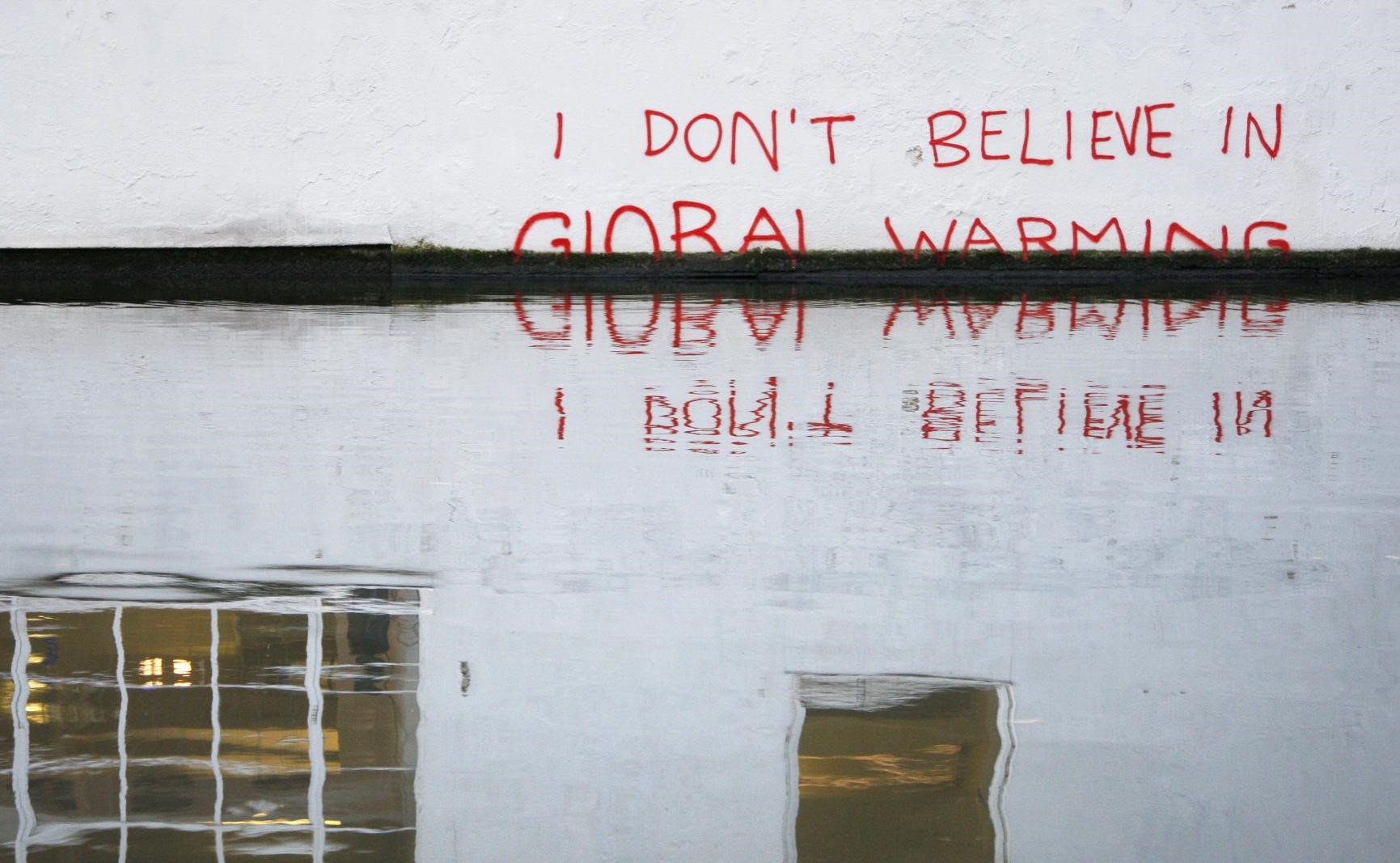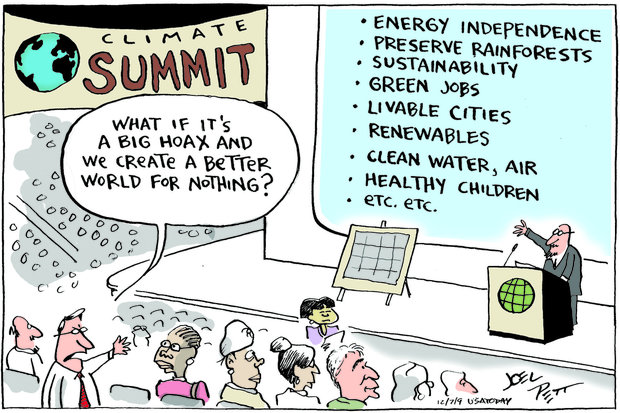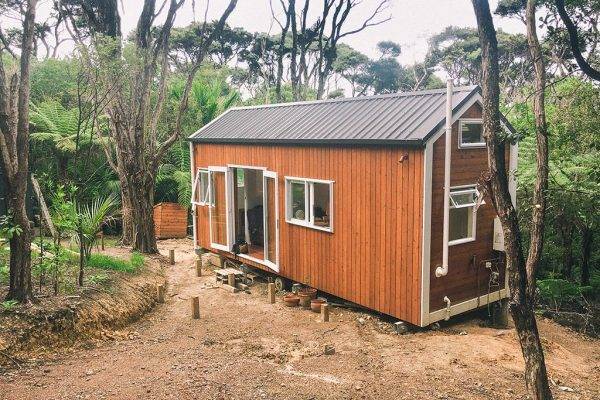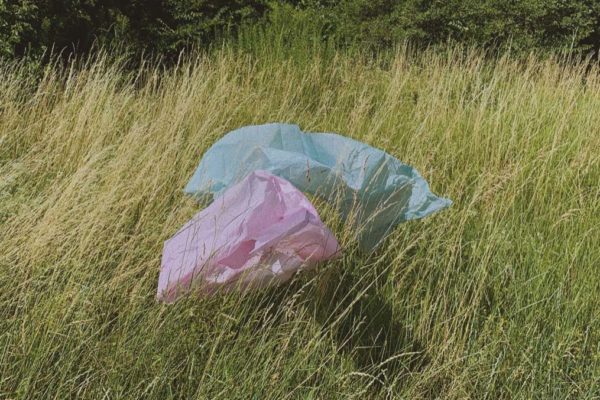We’ve all bumped into a ‘Trump’ at a party, who starts by introducing themselves and obnoxiously launching into their controversial views on the hottest topic of the decade: our climate crisis. “Oh, but our world is fine, it’s all a hoax!”
What a charming way to start a conversation.
If you’re anything like me, you’ll want to run and hide in a corner to avoid conflict (who the heck wants to talk to a Trump anyway?). But with these seven simple statements, you’ll be able to combat the ‘Trumps’ and turn potentially awkward party talk into conversations that grow minds and instill positive habits.
Image via Quartz

For the sake of this blog, I’ll refer to climate crisis deniers as “the deniers”.
1. Yeah, but have you heard from the scientists?
97% of scientists conclude our climate is definitely in a crisis. This statistic didn’t come from one study testing just a few scientists. That would be unreliable. Instead, the 97% was concluded by a wide range of peer-reviewed studies based data collected from thousands of scientists globally. Ask your climate denier if it’s wiser to listen to the 97%, or the 3%?
2. Why would we make this shit up?
The fact that our climate is in crisis, isn’t heartwarming, exciting, or fun. It’s devastating and scary. Why would we make up such an elaborate story that only leaves us all scared shitless?
Explain to the denier that although you’d like to be on their team and believe the planet isn’t in danger; it is. We have to come to terms with it, whether we like it or not. A climate crisis would be a very weird rumour to spread.
Plus, if we were all making this climate crisis stuff up, we’d have to be extraordinarily talented storytellers and coordinators. You see, it’s not just the greenies claiming there’s a climate crisis. Individuals from all social spheres, in all countries, across all disciplines, in all sorts of careers, agree that our climate is in crisis. I’m talking lawyers in Germany, cleaners in the UK, veterinarians in New Zealand, and engineers in Iceland. They all (well, most) agree that our planet is in crisis. This is not some elaborate April Fools Day prank. We have not coordinated everyone across the world to agree on something shit scary to all of humanity.
3. Nothing at all
The old saying goes “pick your battles.” When you’re in a heated conversation with a climate crisis denier, most likely they’re not going to budge. The deniers are a small percentage of the population, so they’re all well-practiced in the art of conversations with climate activists. For this reason, it’s unlikely they’re going to change their mind.
If they seem open to a constructive conversation, go with it. Otherwise, swiftly move onto another topic to avoid risking making their opinions even stronger, or ruining your social gathering.

Image Joel Pett
4. But if you’re wrong, we’re fucked. If I’m wrong, we’ve not lost much
Would you rather look your grandchildren in the eye and say “sorry”? Or have a laugh with them, because you once thought the world was in crisis, but it actually wasn’t? Analyse both options, and you’ll probably end up agreeing with each other that logic points towards the latter. Surely it’s best that we act like there’s a crisis, rather than regret acting when it’s too late (some argue it’s too late already!). The worst-case scenario is we created a better world.
5. I know you’re cold, but it’s not about that
You may find yourself arguing with a denier about how the planet is warming, in the middle of a snowstorm. Though the irony is not lost on me, there’s a reason the snowstorm doesn’t prove their point.
First, it’s important to emphasise that our global rise in temperature, (a reason we’re facing a climate crisis) is not constant. Rather, climate change throws all weather systems around so they’re unbalanced. This means cold snaps are happening more frequently in places that never used to be cold, but in general, the world is heating up. Since 2001, we’ve experienced 18 out of the 19 warmest days on record.
6. Humans are doing the main damage
Chances are, the denier will start explaining how humans are not the cause of our climate crisis. Natural occurrences, like clouds, volcanoes, and plant respiration, contribute to CO2 (carbon dioxide) emissions, so we don’t need to change our habits or reduce our human impact. Touché!
It’s at this very moment that you drop a fact bomb: humans release approximately 100 times more CO2 than volcanoes. Activities like oil drilling, coal mining, and deforestation are major human activities that contribute to the high levels of CO2 in our atmosphere, and it seems we’re not slowing down or close to exchanging these processes with green alternatives. The problem with CO2 is that the more we have, the more heat is trapped in the atmosphere. This causes the planet to heat up to a level that does not sustain many species of animals and plants. Humans are the main cause of this problem.
Above all, be patient and walk in their shoes…
After all these points, I’m about to contradict myself… It’s important to understand that absolutely no one knows all the answers. Because of this, it’s not as simple as being a climate crisis denier or a climate crisis believer anymore.
My views on the current state of our planet will be different from yours, even if we’re both in the same ‘climate crisis believer’ boat. There are so many different factors that form an individual’s belief of the state of our climate: upbringing, religion, culture, personality, access to the internet, upbringing, ancestry. These varying factors mean there are billions of different climate standpoints; it’s important we respect where everyone is coming from.
These speaking points will not answer it all, but they’ll steer your conversation in the right direction if you’re up against naysayers who adore plastic straws and don’t think for a second about their impact on the planet.
Do me a favour: If you ever get to talk to the actual Trump, make sure you don’t stick to number 4.


